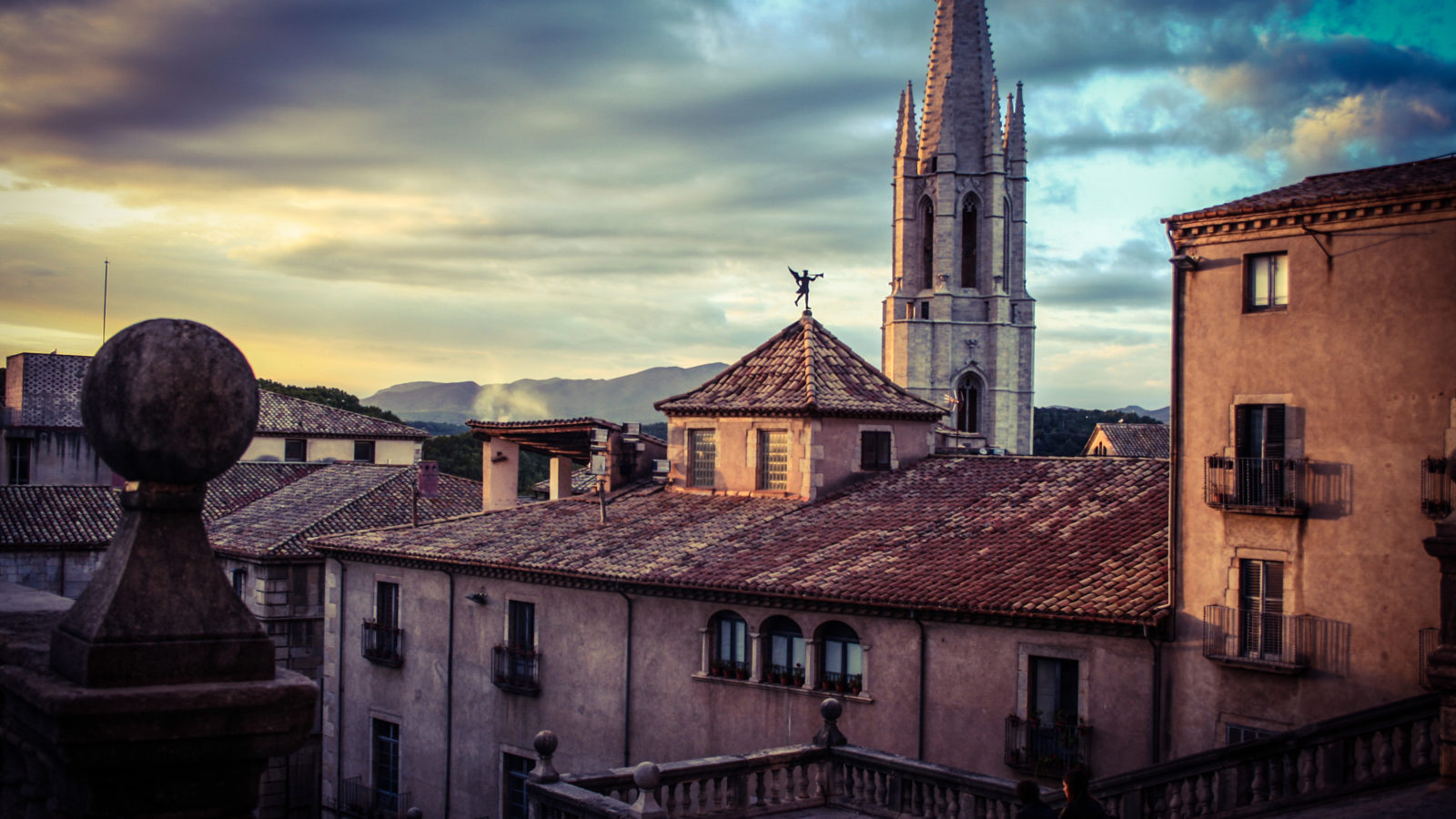In the time we are not obsessing with COVID-19 updates, or trying to revive the business, ensure availability of dog food (and wine), and survive homeschooling, some of us are starting to wonder what the future holds. Here’s my initial take on what comes after. These are not analytical forecasts, nor predictions—it is too soon for that, the data is too sparse, things are still too raw, and emotions too fickle. These are merely anecdote and observation-inspired musings, intended to spark discussion and retrospection.
1. Workplace/ business models
- With processes institutionalised for WFH, and the awkwardness of peering at 2×2 inch-sized faces fading after a few weeks, WFH will become more prevalent—especially as companies begin to evaluate cost/ rent efficiencies, and not see any/ material decline in productivity and business impact.
- Repercussions will be felt on public transport, commercial real estate, and who knows, perhaps even residential? Wishful thinking perhaps, but maybe home prices in cities like SF/ NY decline as more real estate, freed from commercial use, is made available.
- Once the place of work becomes more pliable, it will accelerate more flexible workforce and business models (open innovation vs in-house R&D). Mid-sized businesses, especially, will not readily forget the pain of maintaining fixed costs while revenues nose-dived.
- Supply chain diversification, and resilience, will become a priority
- Retail will double down on digital models—not just for commerce, but also other aspects—customer service, styling and more.
2. Work: Life
- The “:” that separates “work:life” will blur. Roles will become more human—kids and kittens making their way into the background during VCs might no longer raise eyebrows or question the ability of a professional to do her/his job well.
- As more couples WFH, this will expedite fluidity among gender roles (who feeds the cat or takes the clothes out of the dryer will depend on whose conference call ends sooner)
3. Attitude to risk
- Low probability negative events will carry disproportionate weight in decision making. Fear prompts (irrational) retreat and this is already playing out—demand for chicken in India has dropped by 60 per cent driven by unfounded COVID-19 related concerns causing the poultry industry to lose $180+ million in three weeks.
- People / businesses will plan with greater rigour for uncertainty (insurance purchases might see a bump).
4. Entrepreneurship
- Related to risk,some of the glow around setting out on your own could fade. Seeing the impact on small businesses at close quarters (the favourite neighbourhood restaurant that went out of business…), employees will better appreciate their own stability. Witnessing entrepreneur friends and neighbours bleeding money every day while making tough choices about who to retain, where to get the cash to keep their business afloat… the 99 per cent chance of failure/ struggles of running your own business will now be up close and personal. Other practicalities (funding/investor money becoming scarcer) will play a role to diminish the allure.
5. Training methods, education and skill development
- We will learn new skills, appreciate teachers more (after parents are in week 3 of homeschooling) and will realise we need to bridge the gap for a few others (on-camera presence/ meticulous planning to manage virtual teams).
- Parents might also become more amenable to alternative schooling methods.
- Having discovered that piano/ music lessons taken online/ virtually are do-able and can cut out those complex pick-up/ drop-off schedules, virtual learning adoption will accelerate. Teachers, resistant to learning new skills, would have now seen (and survived) the worst case scenario of trying to manage 30 kindergarten students (that are NOT on mute!) virtually. That might soften their resistance.
- Tools and functionalities for online education will see a fresh wave of innovation.
6. Consumption
- Food: With the origin of the disease being traced to consumption of animals, demand for meat will see a decline, and vegan brands/ offerings could become more prevalent, not just in food but apparel and other lifestyle categories
- Clothes: The decline in formal work-wear will accelerate and demand for more comfortable work clothes will increase. It is possible that for a while, party-wear sees a surge as human beings celebrate the end of social distancing and rejoice with gusto.
- News: Source credibility becomes more important—WhatsApp forwards (with no stated source) will (hopefully!) no longer be regarded as news. A well-researched write-up from a journalist/subject matter expert will (hopefully!) carry more weight. Depth of knowledge will start to matter again.
- Clean > Green: More pressure on cleanliness and sanitary conditions might mean that efficacy trumps natural—at least in the near term.
- Transparency: People will read labels more carefully—both for what they put in (food/ alcohol/ supplements) and on (cosmetics) their bodies
- Virtual becomes reality: Yoga teachers, music makers and others will increasingly take their offerings online, finding new and different ways to engage with their audiences.
7. Routines
- Once dismantled, folks have a greater chance to put parts of their schedule under the microscope and re-evaluate how they spend their time, money and emotions—in a way they have never had before. Chained to rigid schedules, people would have tasted the exact opposite. To some it will taste of freedom (despite the restraints to movement), and to others, it would be (highly) unwelcome chaos. As a result of this period of introspection, imaginations will be unleashed, aspects hitherto taken for granted will be scrutinised. Priorities will shift. Methods will be questioned. Rules (of governance and more) will be challenged.
8. Relationships…
- Marriage: Physical proximity (in case of increasing WFH) will test/ stress relationships
- Dating: Is it too much to hope that courtship, taking things slow, and making the time to establish a connection with someone might become fashionable again?
- Distance: The trauma of not being able to get to a loved one in these times will not be easily forgotten. Distances that seemed easily surmountable (thanks to increased density of flight paths and steady prices) will no longer be taken for granted. The world seemed to be shrinking—until it wasn’t.
- How companies and people choose to conduct themselves in chaos will determine loyalty/ friendships—Were you there? Were you calm? Did you listen? Did you care?
- Curfews, travel bans, social/ physical distancing created barriers that were necessitated by the urgency for containment. And most governments (some more vociferously than others) have been quick to place blame on some (other) countries. Will this create greater distancing? Greater wariness of “foreigners”/ other nations? Will countries get more insular? Will we build (more) walls? It is possible. Sadly, the race for a solution and a vaccine for CV have already taken on nationalist overtones.
- …And yet, the trauma has been/ will be collective, and universal. It has also taught us that personal health/ happiness is dependent on others. We are not islands. Our well-being is dependent on the well-being of others. There was a meme making the rounds recently: “To all those hoarding 2 years’ supply of hand wash, you do realise that in order to be safe, you need others to wash their hands as well?” Will this realisation (of interconnectedness) make us more considerate? And practically, more amenable to universal healthcare and essential public goods and services? I think (hope) it might.
9. …and emotions
- Seeing a stark (personal) consequence of human action will make folks hesitate to brush off climate change and other macro issues as something the next few (foreseeable) generations will be spared from. It is no longer theoretical. Those consequences have been made very real.
- Having known isolation, intimacy and community will gain currency.
- There will be a hangover of vulnerability, if anything, COVID-19 has demonstrated that money and status cannot buy absolute protection for yourself or your loved ones. Not sure how this will impact decisions and the way folks live their lives, but it will, whether it makes them more paranoid or humble or…? Remains to be seen.
10. Animals / Pets
- We saw some animals return and roam freely in their own habitat, even if temporarily, and the stars came out and owned the sky… while humans were trapped, scared, indoors—driven away from places they thought they owned. Karma? The Universe creating balance? As we recover, we might see humans become more wary of disrupting ecosystems, or driving out other species from their habitat, and instead, giving them just a little more respect and space.
- If WFH gains momentum, dogs will be happier (since their humans are more available to do their bidding) and cats will be grumpier (as their naps are constantly interrupted by humans in need of company :-))
That’s my list of 10. What’s yours?
Share your experiences with the New Normal at [email protected]


